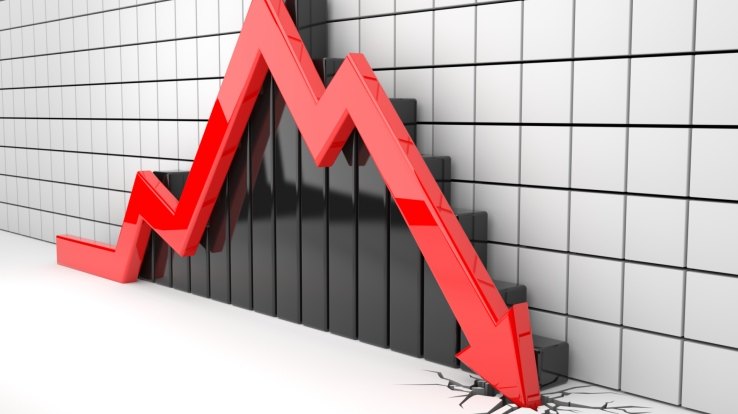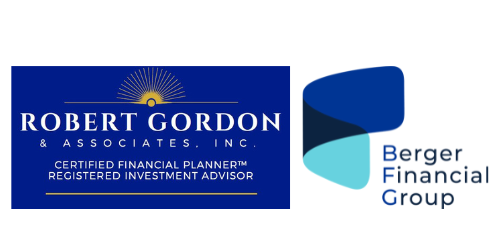Why Markets Will Always Crash
Submitted by Robert Gordon & Associates, Inc on March 9th, 2020
Markets crash all the time. You should, at minimum, expect stocks to fall at least 10% once a year, 20% once every few years, 30% or more once or twice a decade, and 50% or more once or twice during your lifetime. Those who don't understand this will eventually learn it the hard way.
Someone emailed me last week asking why this is:
I guess my question is, why does it have to be this way? Why is something so sophisticated constantly falling apart and never improving? Why can't stocks just go up around 8% every year?
It's a reasonable question. And there's a good answer.
Economist Hyman Minsky spent his career studying why economies boom and bust. One of his counterintuitive theories is the idea that stability is destabilizing.
Whether it's stocks not crashing or the economy going a long time without a recessions, stability makes people feel safe. And when people feel safe, they take more risk, like going into debt or buying more stocks.
It pretty much has to be this way. If there was no volatility, and we knew stocks went up 8% every year, the only rational response would be to pay more for them, until they were expensive enough to return less than 8%. It would be crazy for this not to happen, because no rational person would hold cash in the bank if they were guaranteed a higher return in stocks. If we had a 100% guarantee that stocks would return 8% a year, people would bid prices up until they returned the same amount as FDIC-insured savings accounts, which is about 0%.
But there are no guarantees -- only the perception of guarantees. Bad stuff happens, and when stocks are priced for perfection, a mere sniff of bad news will send them plunging. As Nassim Taleb wrote in his book Antifragile, there are 14 types of unfortunate events that are forever and always present:
Uncertainty - Variability - Imperfect - Incomplete knowledge - Chance - Chaos - Volatility - Disorder - Unknown - Randomness - Turmoil - Stressor - Error - Unknowledge
These 14 things will always occur, basically everywhere. When they occur, stocks that were erroneously priced for "guaranteed" returns quickly crash.
So, here's the weird paradox: If stocks never crashed -- or if they gain the perception that they don't crash -- prices would rise to the point where a new crash was guaranteed.
This sounds crazy, but it's exactly what Minsky meant when he theorized that stability is destabilizing. Since a lack of crashes plants the seeds of a new crash, markets will always crash, without exception.
What's important is realizing that stock market crashes aren't a bug. They don't indicate that anything is broken, or that someone screwed up. They are, in fact, an absolutely necessity to generating high long-term returns. Without crashes, you will never receive returns higher than other assets that don't crash, like cash in the bank. "Volatility scares enough people out of the market to generate superior returns for those who stay in," Wharton professor Jeremy Siegel said a few years ago.
Or as Charlie Munger put it:
You can argue that if you're not willing to react with equanimity to a market price decline of 50% two or three times a century, you're not fit to be a common shareholder, and you deserve the mediocre result you're going to get compared to the people who do have the temperament to be more philosophical about these market fluctuations.
Rather than wondering if we're going to have another crash, spend your time planning how you'll react to a crash when it inevitably comes. Mentally prepare yourself, have some cash, and never rely on short-term market gains to finance your lifestyle. Because, just wait. A new crash will happen.

